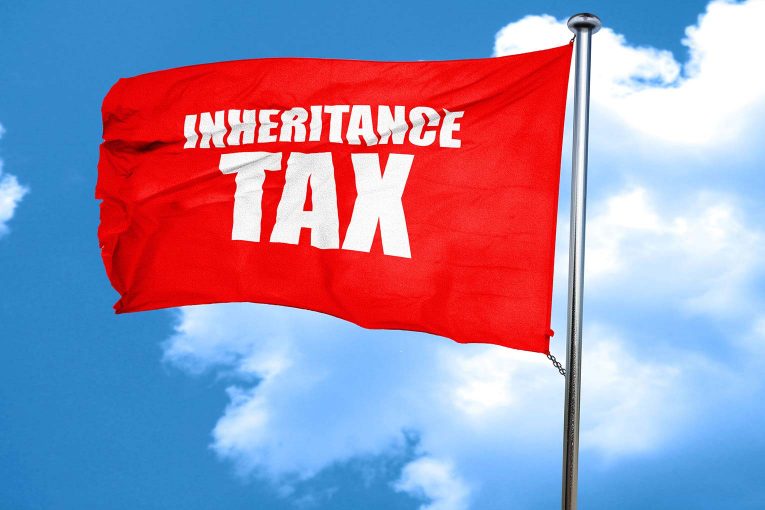Inheritance tax receipts rose to £3.7bn between April and August, £200m higher than the same period last year, according to the latest HMRC figures.
While the sums remain modest compared with income tax and National Insurance, analysts warned that frozen thresholds and policy changes are steadily pulling more households into the net.

Helen Morrissey, head of retirement analysis at Hargreaves Lansdown, said: “Inheritance tax receipts continue to climb – up £0.2bn on the same period last year. It may seem like a drop in the ocean when you compare it to other taxes but slowly and surely it is dragging more people into the net.
“The news that pensions will be included in people’s estates for inheritance tax purposes from 2027 has attracted a lot of attention and this will focus people’s minds on what they can do to minimise the bill.
“We expect people will consider giving away more of their assets while they are still alive by making use of the various allowances on offer. This can be a benefit, in that you actually see your loved ones enjoying what you have given them.”
HMRC RECEIPTS
The largest driver of tax receipts remains income tax and NICs, which together with capital gains tax delivered £19.3bn more than in the same period last year. Analysts attributed much of the increase to fiscal drag caused by frozen thresholds, as well as April’s rise in employer National Insurance.
STEALTH TAX
Morrissey added: “The tax-take on income tax and NICs continues to soar as frozen thresholds pull more people into paying more tax.
“This stealth tax is due to come to an end in 2028 but given the challenges faced by the Chancellor you cannot rule out the potential for it to be extended in November’s Budget to continue its steady squeeze on our incomes.
“The increase in Employer National Insurance, that came in in April, will also be having a major impact on receipts. This hugely unpopular tax hike is causing employers considerable pain with many warning it could dampen hiring prospects and wage increases in future.”
Capital gains tax receipts, however, fell compared with last year, which Morrissey suggested may reflect investors holding on to assets rather than selling them.
MAINTAINING THRESHOLDS

Will Hale, CEO of Key Advice & Air, said: “Today’s numbers are a further reminder of the money that is leaking from estates and the importance of good financial planning in order to protect wealth for the next generation.
“Whilst part of the reason for the increase in IHT receipts is down to recent rises in asset values, which is a positive for customers, it should be remembered that the Government has consistently chosen to maintain tax free thresholds at their 2020 to 2021 levels.”
KITE FLYING
And he added: “Judging by the ‘kite flying’ that is taking place in advance of the November Budget there must be a high likelihood that not only will these tax thresholds be left untouched but also further measures implemented to boost public finances through increasing the tax take upon death.
“Tax planning must not be the preserve of the high net worth. It is imperative that all families seek advice and, given that £3.7 trillion of property wealth sits in the hands of the over 55s, that this advice includes a consideration of all options for reducing the IHT liability – including modern later life lending solutions such as lifetime mortgages.”





